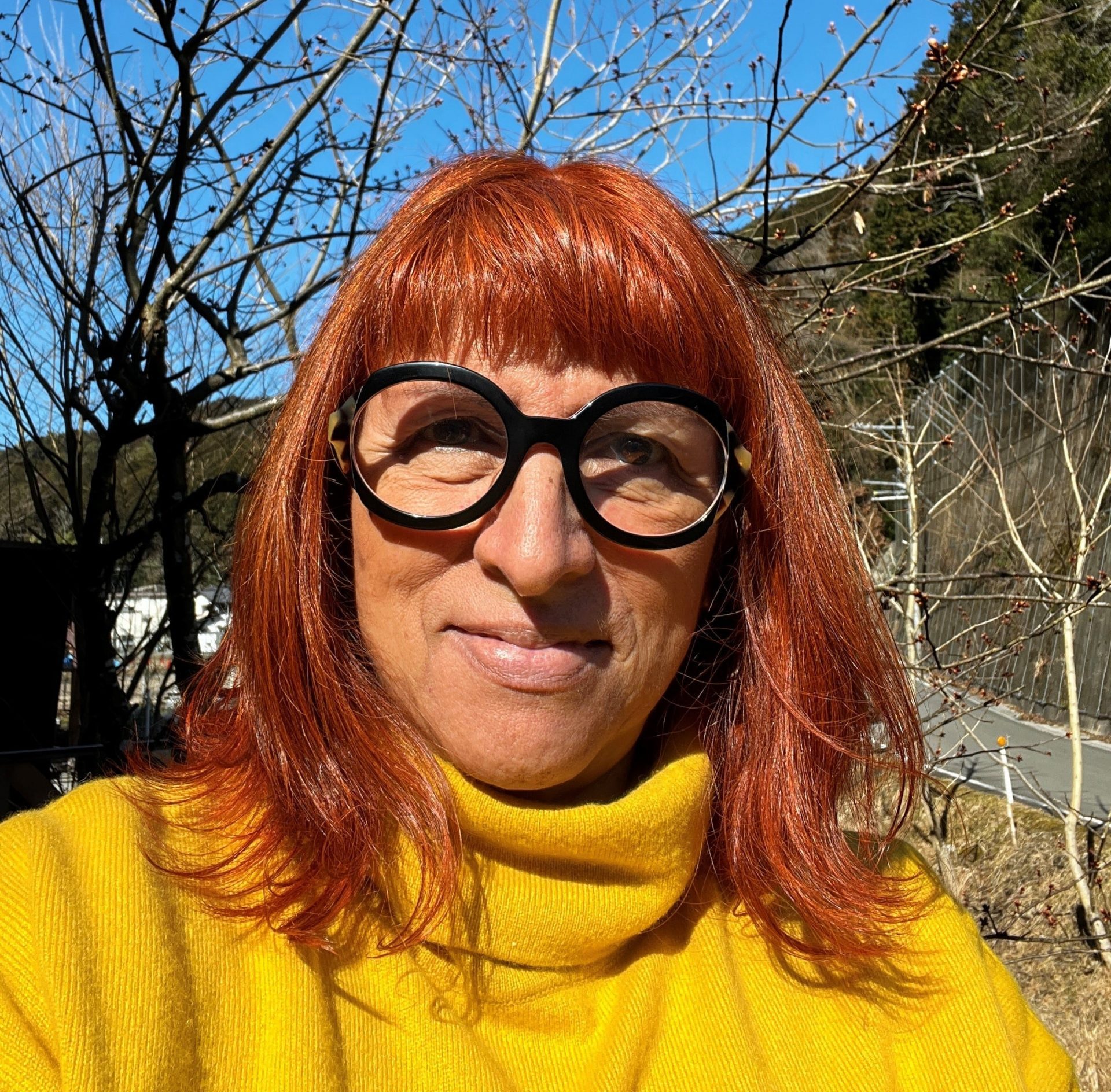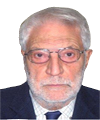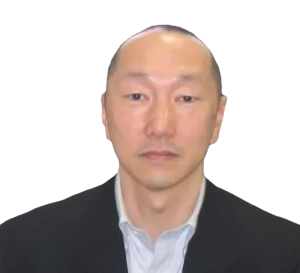Young Scientist Session
“The Young Scientists Session (YSS)” is a unique and special occasion that the IDRiM conference provides every year to young scientists. The session comprises two parts: an “Oral Session” and an “Interactive Session”. All young speakers give talks in both parts.
Each speaker is given about five minutes for their presentation and two minutes for discussion in the Oral Session. It is followed by the Interactive Session of 50 minutes. Each young speaker enters a Zoom breakout room where he/she can have intensive discussions with other participants, many of whom are senior researchers, that visit the breakout room. Having a lot of time for fruitful discussions in both Oral and Interactive sessions, young speakers will receive insightful feedback from senior researchers and other participants. YSS participants are automatically eligible to take part in the “Best Young Scientists Award” competition. The Award Ceremony will be held during the conference.
YSS participants are encouraged to submit full-length papers, which will be reviewed. Accepted papers will be published in the IDRiM journal. Please note that papers submitted by September 1 will be eligible for the quick review process, and review results are sent back to authors within a month.
Please note:
If you would like to submit your paper, please submit your full paper to the IDRiM Journal (https://www.idrimjournal.com/), and send an e-mail to the IDRiM Secretariat (matthews.ayuna.5n@kyoto-u.ac.jp) informing your submission.
Qualification to be a “Young Scientist” is neither given by a physical age nor a position. Presenters of past YSSs were mainly graduate students, PhD candidates, researchers who received their PhD degree within the past 2-3 years, and researchers who made their debut in international academic discussion. If you are not sure if you can enter the YSS session, you can send an email to the IDRiM Secretariat (see email above).
Applicants of YSS are requested to specify that her/his abstract is submitted for the YSS session. Detailed information will be given later to those who register as a speaker in the YSS.
Guideline for Presentation on Young Scientist Session (Click Here!)
All presenters in Young Scientist Session should follow this guideline during the presentation session. Please click the link above.
Invitation to Score Presentation in the Young Scientist Sesion!
The organizers of the session would like to invite all the senior participants to serve as judges of the presentations for the “Best Young Scientists Award” competition.
Please score the presentations according to the following criteria:
- the substance of the study,
- the attractiveness of presentation,
- and discussion with the audience.
Instruction details are provided at the top of the evaluation sheet. Even if you cannot attend YSS at the session time due to the time difference or for other reasons, you can see the presentation files here on this page, or you can go to this folder.
It became established as a tradition of the IDRiM society that senior researchers evaluate presentations of young scientists as well as give suggestions with keen interest and eagerness, being motivated by a shared concept that the entire society nurtures the next generation. We are so grateful if this tradition is continued and further developed even utilizing the online environment.
Evaluation Sheet (Click Here!)
We would be so grateful if you could score some presentations by filling out the evaluation sheet by clicking link above (basically after the opening of the conference) and confirm it by 15:00 (JST), Sept. 23 (DAY2).
Special Discussion on the Role of Young Scientists in Making the IDRiM Society Progress
This session explores the role of young scientists in the IDRiM society in the past 20 years, whilst looking forward to the future. There are many questions this session address. For example:
- What is the role of the young scientist in making the IDRiM society progress?
- Can IDRiM help young scientists to further develop their academic abilities?
- Has IDRiM provided enough opportunities to young scientists?
- How does IDRiM compare to other academic groups in this field in helping young scientists?
During the session, the facilitators will encourage participants to share their experience and will facilitate a group discussion on questions such as those above. Therefore, we would like to invite both young and regular members to share their thoughts about the experiences of being an IDRiM member, as a young scientist and as more experienced members who may have also been previously seen as or worked with a young scientist in the past two decades.




